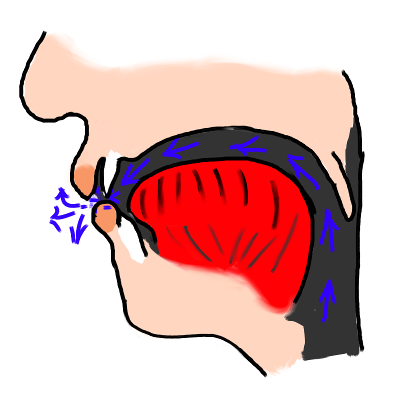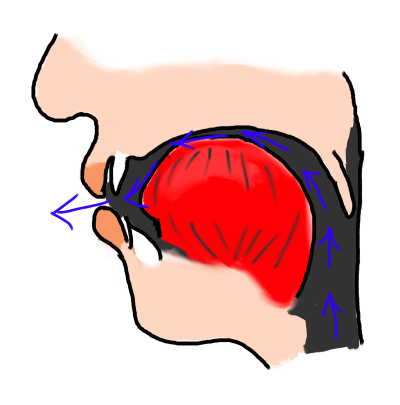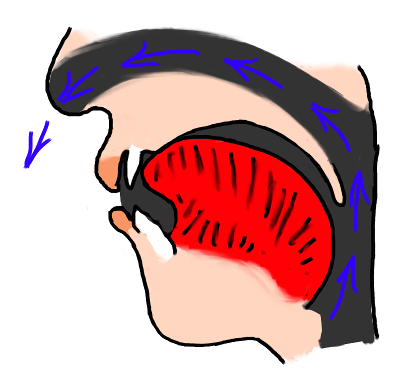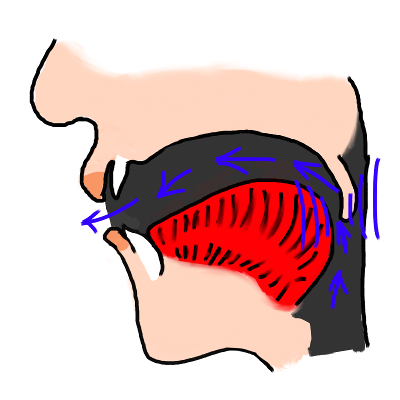How to pronounce finir
Do you find the information below useful? If you do, you can get guides like it for 1,000+ French words by downloading this app for your iPhone or iPad.
| f |  | The French 'f' sound is pronounced in a similar way to English 'f'. | |
| i |  | The French 'i' vowel is pronounced with the tongue almost as far forward and close to the roof of the mouth as it will go and with the lips spread. Aim to "tense" your lips for a moment as you pronounce it. | |
| n |  | The French 'n' sound is similar to the 'n' of English "tenth", i.e. pronounced with the tip of the tongue touching the upper teeth. | |
| i |  | The French 'i' vowel is pronounced with the tongue almost as far forward and close to the roof of the mouth as it will go and with the lips spread. Aim to "tense" your lips for a moment as you pronounce it. | Notice how this vowel is lengthened here before the r sound at the end of the word. |
| ʁ |  | The French 'r' is generally what is technically called a "uvular fricative". In simple language, that means you bring the back of your tongue close enough to the back of the mouth that it causes friction (the "raspy" sound that you hear) with the escaping air. |